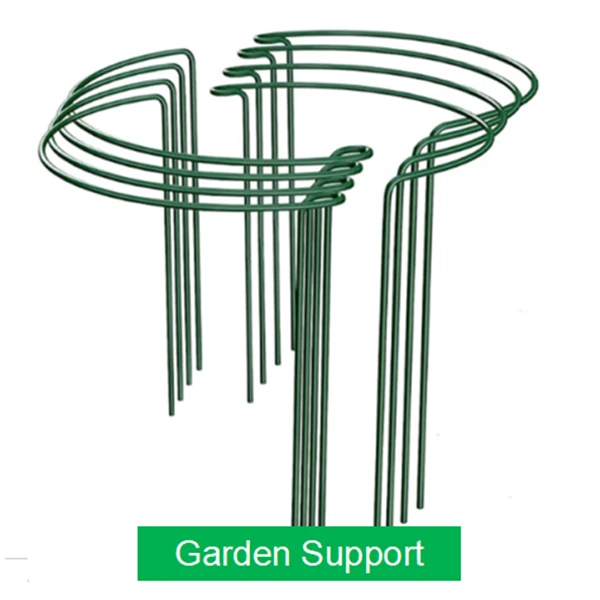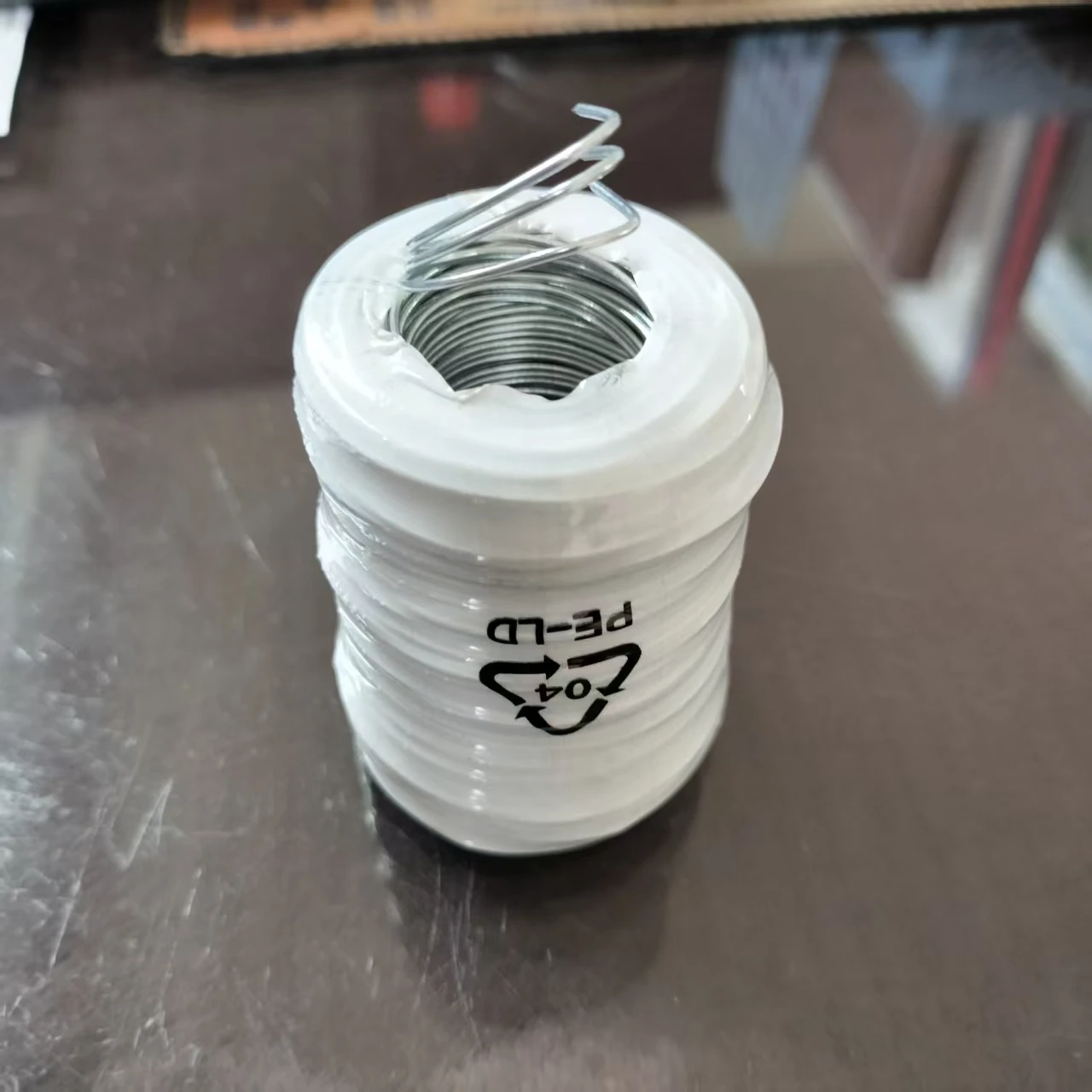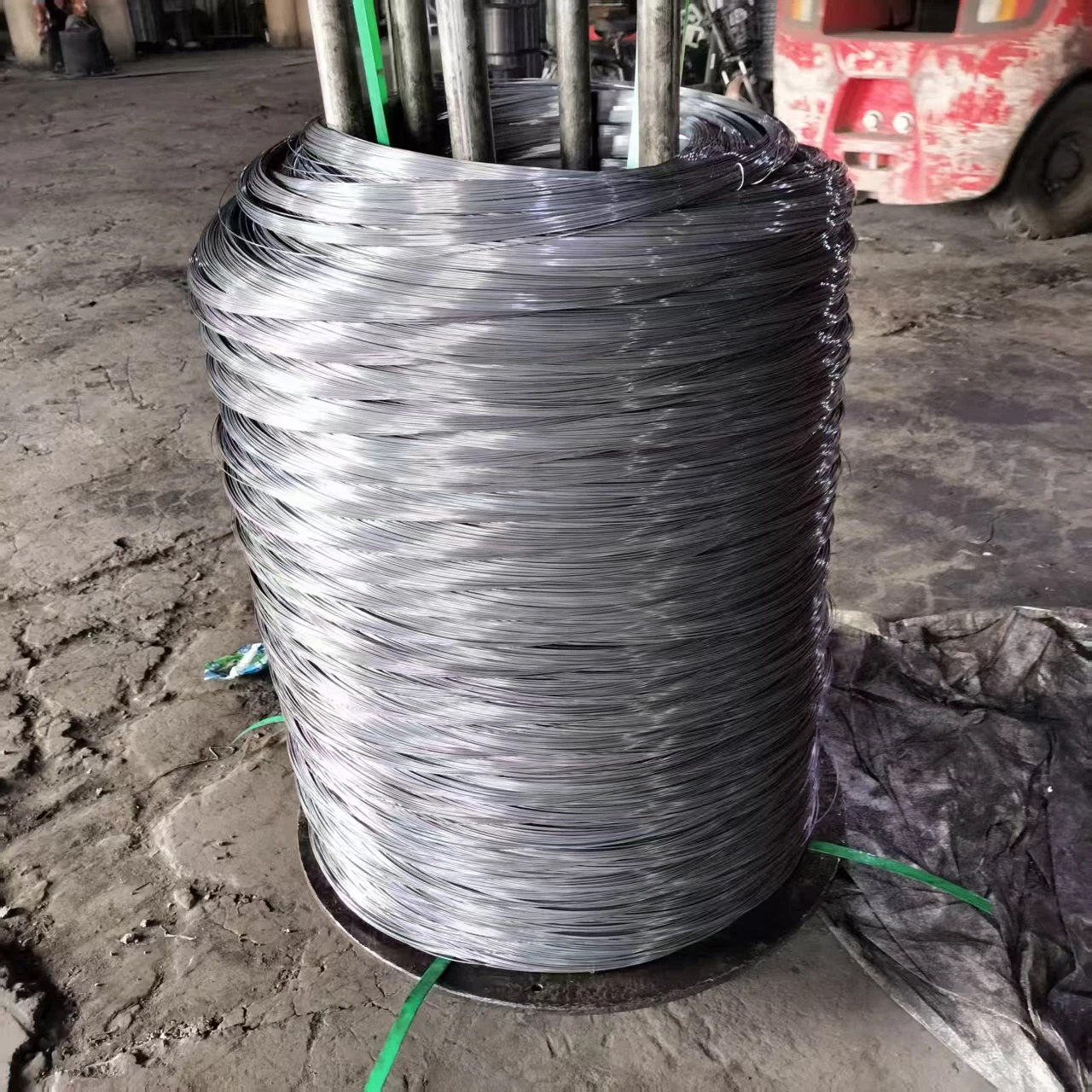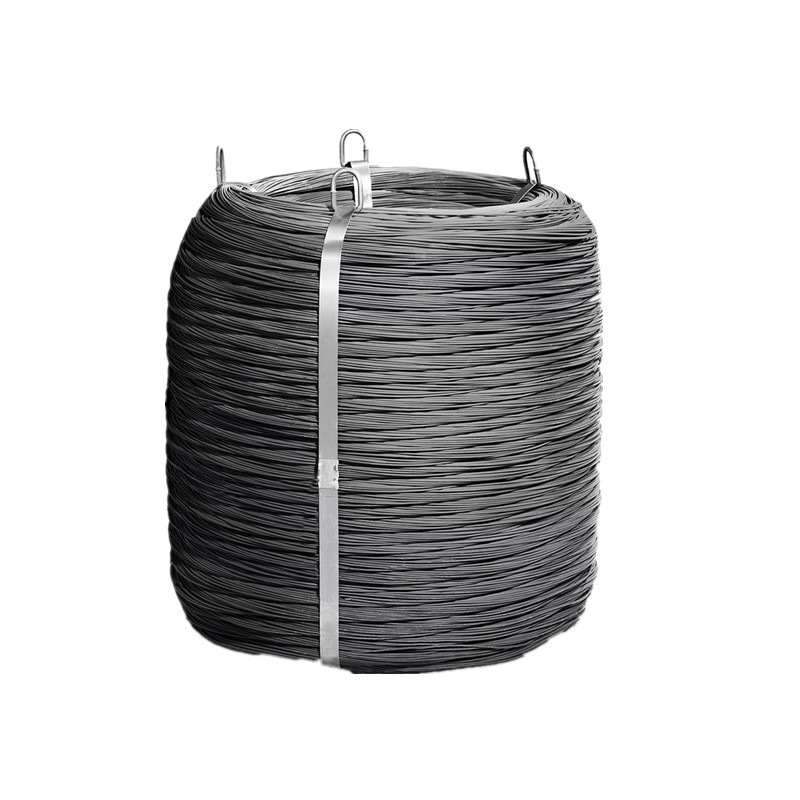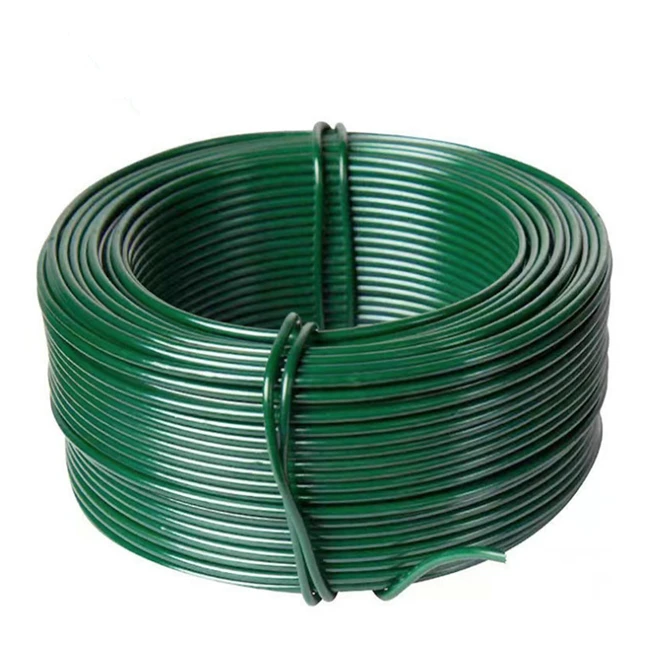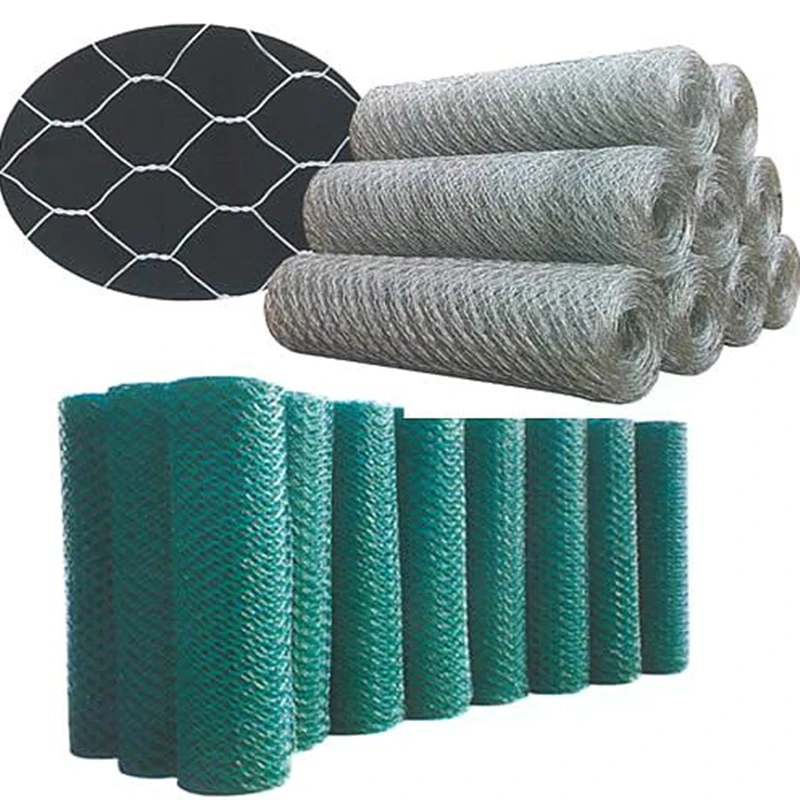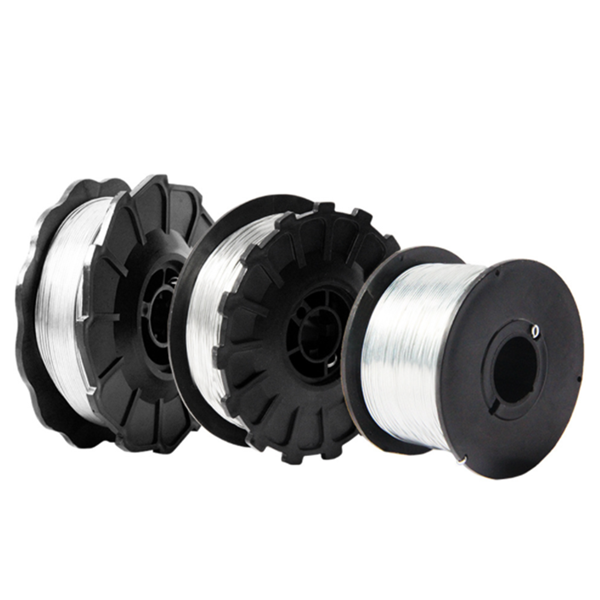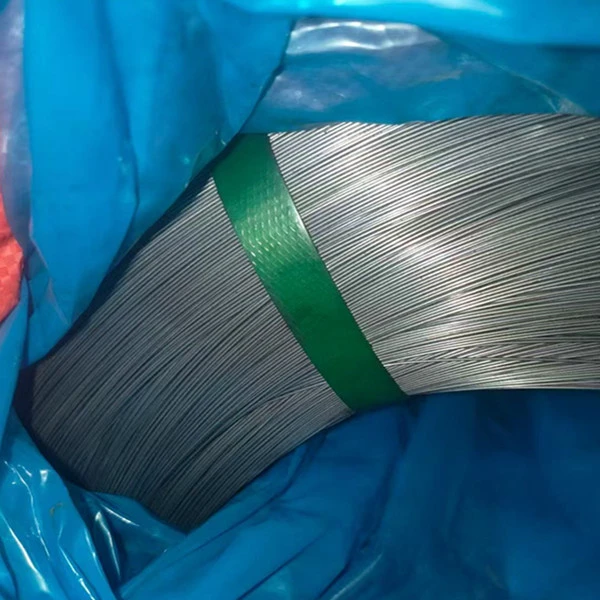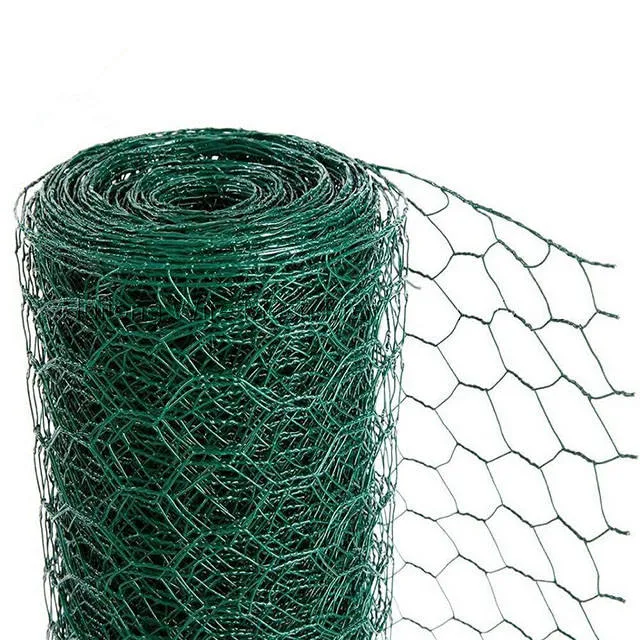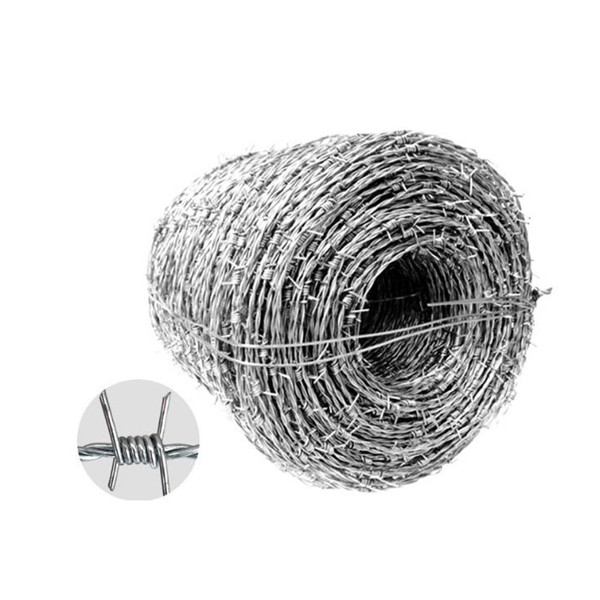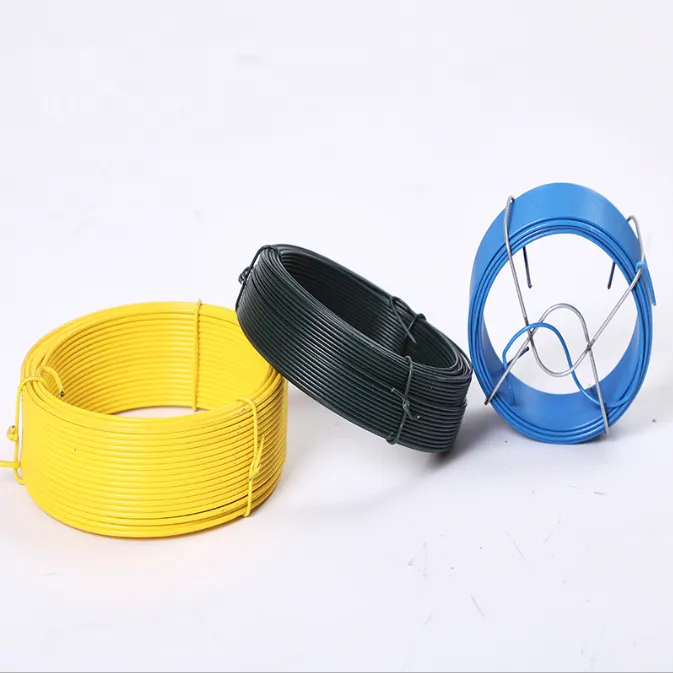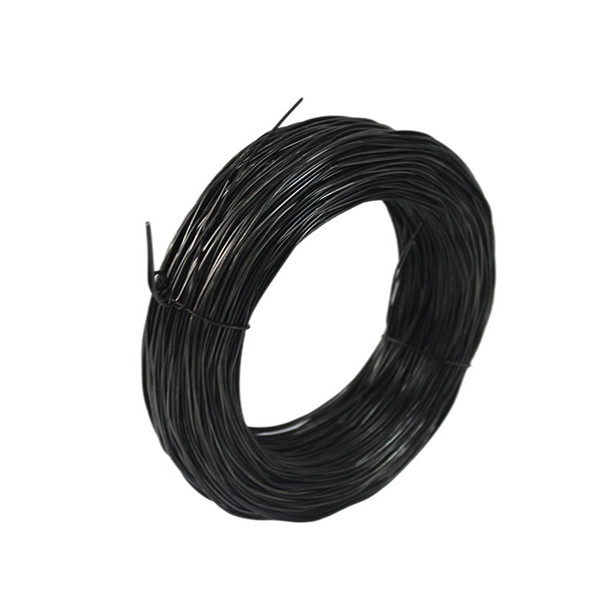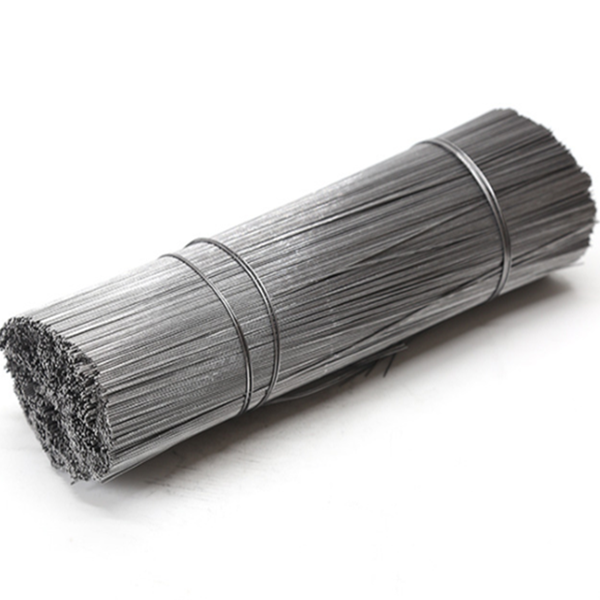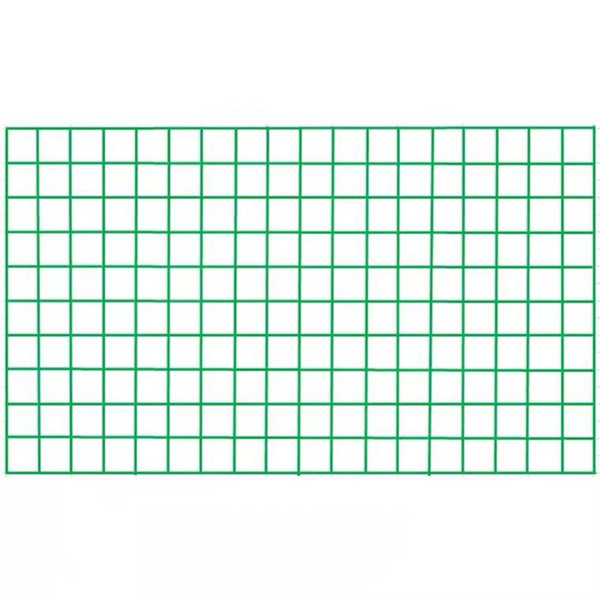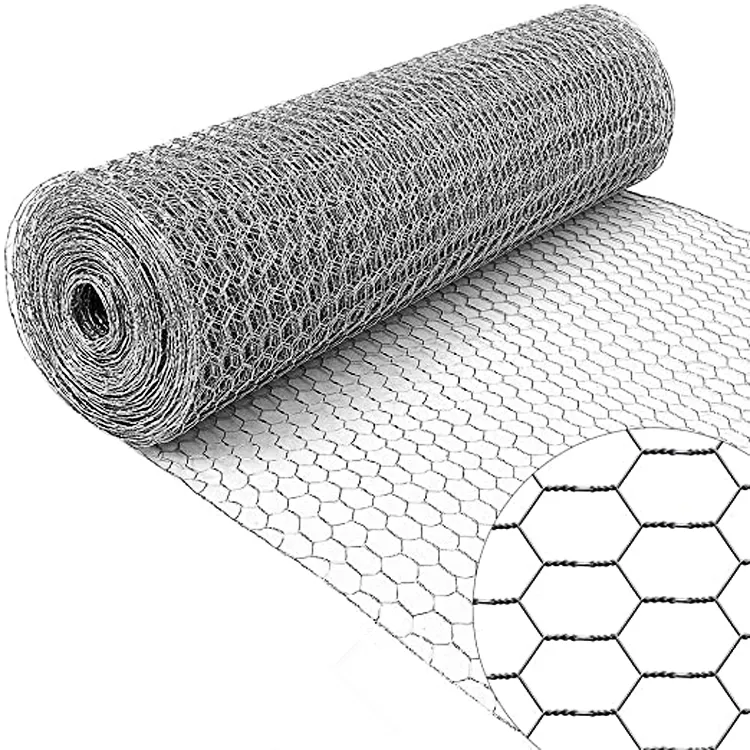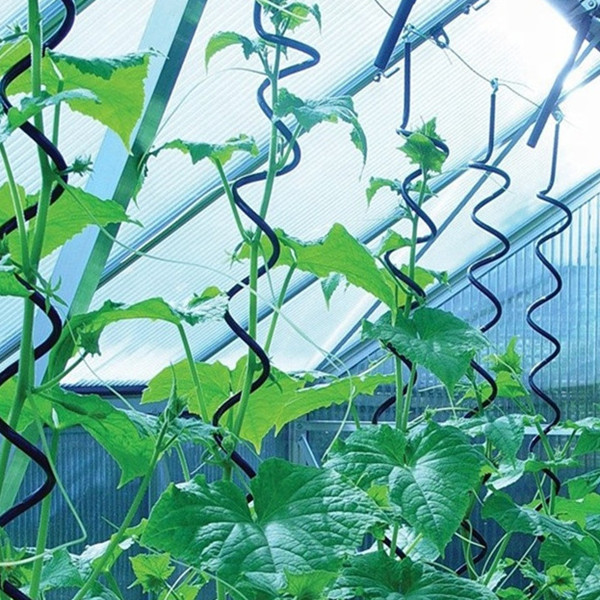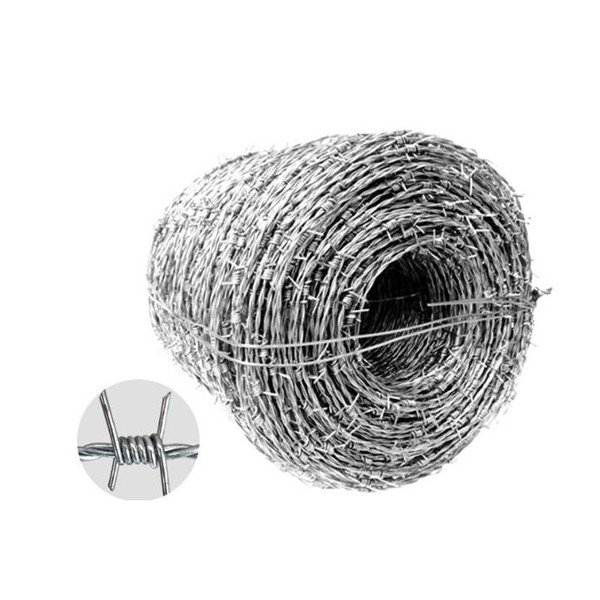In construction projects such as residential buildings, bridges, tunnels, and industrial workshops—where reinforcing steel bars (rebars) need to be securely fixed to form stable frameworks—black annealed wire, black tie wire, and annealed steel wire are essential binding materials. Dingzhou Lanye Metal Products Co., Ltd., a professional manufacturer of metal wire products, produces high-quality black tie wire with diverse specifications (e.g., 12 to 17 strands, 0.7-5.5mm diameter) and customizable packaging.

Black Tie Wire Specifications Table
|
Aspect |
Details |
|
Strand Structure |
Black twisted wire available in 6 strands, 7 strands—more strands enhance tensile strength, suitable for bundling different thicknesses of rebars. |
|
Wire Diameter |
0.7-5.5mm: 0.7-1.2mm for thin rebars (e.g., Φ6-Φ12mm used in residential floor slabs), 1.5-2.5mm for medium rebars (e.g., Φ14-Φ25mm used in beams), 3.0-5.5mm for thick rebars (e.g., Φ28-Φ40mm used in columns). |
|
Coil Weight |
Standard weights: 1kg, 10kg, 25kg; can be customized according to client needs (e.g., 50kg coils for large-scale construction sites to reduce frequent material replacement). |
|
Packaging Options |
Available in rolls, cartons, pallets, wooden boxes—pallet packaging (e.g., 10 coils per pallet) is suitable for bulk transportation, while small rolls (1kg/10kg) are convenient for on-site manual use. |
|
Material Performance |
Annealed steel wire with black oxide finish; better ductility (can be bent repeatedly without breaking) and flexibility (easy to twist and knot) than ordinary single annealed wire, ensuring secure rebar binding. |
|
Industry Application |
Ideal for rebar bundling in residential buildings, bridges, tunnels, precast concrete components, and high-rise structures; compatible with both manual and mechanical binding methods. |
Application of Black Annealed Wire in Residential Building Rebar Bundling
- Black Annealed Wire is widely used in bundling rebars for residential floor slabs and walls, where flexibility and ease of use are critical. In residential floor slabs (typically using Φ8-Φ12mm rebars spaced 150-200mm apart), Dingzhou Lanye Metal Products Co., Ltd.’s 12 or 13 strand black annealed wire (0.8-1.0mm diameter) is the preferred choice. Its good flexibility allows workers to manually twist and knot the wire quickly—each rebar intersection can be bound in 10-15 seconds, improving on-site efficiency. For example, in a 100㎡ residential floor slab, using this wire reduces binding time by 20-30% compared to rigid wire. Additionally, the wire’s ductility prevents it from snapping during concrete pouring and vibration, ensuring the rebar framework remains intact (no displacement of rebars, which could cause structural weak points). For wholesalers, this scenario is a key market—residential construction accounts for a large proportion of the construction industry, and the demand for black annealed wire is stable.
- Black Annealed Wire is suitable for bundling rebars in residential staircases and balconies, where space is limited and binding operations are cumbersome. Staircase rebars (e.g., Φ10-Φ16mm) are arranged in a stepped pattern, requiring wire that can be bent into tight angles without breaking. Dingzhou Lanye’s 1*4 strand black annealed wire (1.2-1.5mm diameter) meets this requirement: its twisted structure provides sufficient tensile strength (can withstand 50-80N of pulling force) to hold rebars in place, while its flexibility allows it to adapt to the irregular shape of staircase frameworks. In balcony edge rebars (used to prevent concrete spalling), the wire’s black oxide finish also offers basic rust resistance—protecting it from moisture during the construction phase (typically 3-6 months) until the concrete is fully cured. Wholesalers can emphasize this adaptability to clients supplying residential construction teams, as it solves the pain point of difficult binding in narrow spaces.
Use of Black Tie Wire in Large-Scale Infrastructure Rebar Bundling
- Black Tie Wire plays a vital role in bridge deck rebar bundling, where high tensile strength and durability are required. Bridge decks use dense rebar meshes (e.g., Φ12-Φ20mm rebars spaced 100-150mm apart) to withstand vehicle loads and environmental factors (e.g., rain, temperature changes). Dingzhou Lanye Metal Products Co., Ltd.’s 15 or 16 strand black tie wire (1.8-2.5mm diameter) is designed for this scenario: the multi-strand structure provides a tensile strength of 120-180N, ensuring the rebars do not separate under the weight of concrete pouring (typically 200-300kg/㎡) or bridge use. For example, in a 500m-long highway bridge, using this wire reduces rebar displacement by 90% compared to thin single-strand wire. The wire’s customizable coil weight (e.g., 25kg/50kg coils) also supports mechanical binding equipment—common in large infrastructure projects—which can bind 30-50 rebar intersections per minute, significantly improving efficiency. Wholesalers supplying infrastructure contractors can promote this wire as a high-performance solution for heavy-duty bundling.
- Black Tie Wire is essential for tunnel lining rebar bundling, where resistance to harsh construction environments is critical. Tunnel linings require thick rebars (e.g., Φ20-Φ32mm) to withstand soil pressure and water seepage, and the construction environment is often humid and dusty. Dingzhou Lanye’s 1*7 strand black tie wire (3.0-4.0mm diameter) is ideal here: its thick diameter and multi-strand structure provide maximum tensile strength (200-250N), securely fixing thick rebars. The wire’s black annealed surface also has better oxidation resistance than unannealed wire—preventing rust in the humid tunnel environment (which could weaken the wire and cause rebar loosening) during the 6-12 month tunnel construction period. In a subway tunnel project, for instance, this wire maintained its binding strength for over 8 months, ensuring the lining rebar framework remained stable until concrete curing was complete. Wholesalers can highlight this durability to clients in tunnel construction, as it reduces the need for rework due to wire failure.
Advantages of Annealed Steel Wire Over Ordinary Wire in Rebar Bundling
- Annealed Steel Wire (in the form of black tie wire) has better ductility than ordinary wire, reducing binding breakage and rebar displacement. Ordinary cold-drawn wire is rigid and brittle—easily snapping when bent or twisted, leading to loose rebars and structural defects. Dingzhou Lanye Metal Products Co., Ltd.’s annealed steel wire undergoes a heat treatment process that softens the metal, increasing its elongation rate from 5-8% (ordinary wire) to 15-20%. This means the wire can be twisted 3-5 times without breaking and can absorb minor vibrations during concrete pouring (e.g., from vibrators), preventing knots from loosening. Testing shows that construction projects using this annealed wire have 70-80% fewer rebar displacement issues than those using ordinary wire, reducing post-pouring repair costs. For wholesalers, this advantage is a key selling point—contractors are willing to pay a slight premium for wire that reduces rework and ensures structural quality.
- Annealed Steel Wire offers better flexibility, improving manual and mechanical binding efficiency. Manual workers find that annealed steel wire is easier to handle—its flexibility allows for faster knotting, reducing hand fatigue during long working hours (common in construction sites). For mechanical binding equipment (e.g., rebar tying guns), the wire’s consistency in diameter (error ≤0.05mm) and flexibility ensure smooth feeding into the machine, reducing jams (a common issue with rigid ordinary wire). In a precast concrete factory, using Dingzhou Lanye’s annealed steel wire with mechanical equipment increased binding efficiency by 40%—from 20 intersections per minute to 28. The wire’s customizable packaging (e.g., small rolls for manual use, large coils for machines) also caters to different on-site needs, making it a versatile choice for contractors. Wholesalers can promote this efficiency boost to clients, as it helps them meet tight construction schedules.
Black Tie Wire FAQS
Which strand structure of Dingzhou Lanye Metal Products Co., Ltd.’s black tie wire is suitable for bundling different thicknesses of rebars?
Dingzhou Lanye Metal Products Co., Ltd.’s black tie wire offers strand structures tailored to rebar thicknesses: 1. 12-13 strands (0.7-1.2mm diameter): For thin rebars (Φ6-Φ12mm) used in residential floor slabs, walls, and small precast components—lightweight and easy to manually bind. 2. 14-16 strands (1.5-2.5mm diameter): For medium rebars (Φ14-Φ25mm) used in beams, columns, and bridge decks—balances flexibility and tensile strength, suitable for both manual and mechanical binding. 3. 17 strands (3.0-5.5mm diameter): For thick rebars (Φ28-Φ40mm) used in tunnel linings, high-rise building columns, and heavy-duty infrastructure—maximum tensile strength to withstand heavy loads. For example, bundling Φ32mm column rebars requires 17 strand wire (4.0mm diameter) to ensure the rebars do not separate during concrete pouring. Wholesalers can guide clients to select the right strand structure based on rebar size, ensuring secure binding.
How does Dingzhou Lanye Metal Products Co., Ltd.’s black annealed wire perform in humid construction environments (e.g., tunnels, basements)?
Dingzhou Lanye Metal Products Co., Ltd.’s black annealed wire has good resistance to humidity in construction environments: 1. Black oxide finish: The annealed wire’s surface forms a thin oxide layer that acts as a barrier against moisture, preventing immediate rusting during the construction phase (3-12 months). 2. Material quality: The wire is made of low-carbon steel with controlled impurity content (e.g., sulfur ≤0.045%), reducing the risk of corrosion in humid conditions. In a basement construction project (relative humidity 80-90%), the wire remained rust-free for 6 months—longer than ordinary unannealed wire (which rusts within 2-3 months). For long-term humidity (e.g., tunnels), the wire can be paired with anti-rust oil (customizable upon request) to extend its corrosion resistance to 12+ months. Wholesalers can recommend this wire to clients in humid environments, as it avoids premature wire failure and rebar loosening.
What coil weight and packaging of black tie wire does Dingzhou Lanye Metal Products Co., Ltd. offer, and which is suitable for different construction scenarios?
Dingzhou Lanye Metal Products Co., Ltd. provides flexible coil weight and packaging for black tie wire: 1. Coil weight: 1kg (small rolls) for manual binding in small projects (e.g., residential renovations), 10-25kg (medium rolls) for on-site manual teams in residential buildings, 50kg (large coils) for mechanical binding in infrastructure (bridges, tunnels). 2. Packaging: Rolls (for easy on-site storage), cartons (for small roll transportation), pallets (for bulk medium/large coils), wooden boxes (for export or long-distance transportation to prevent damage). For example, a large bridge project using mechanical binding would order 50kg coils in pallet packaging (10 coils/pallet) to minimize transportation costs and on-site handling. Wholesalers can help clients select packaging based on project scale and transportation needs, optimizing logistics efficiency.
Can Dingzhou Lanye Metal Products Co., Ltd.’s annealed steel wire be used with mechanical rebar binding equipment, and what specifications are recommended?
Yes, Dingzhou Lanye Metal Products Co., Ltd.’s annealed steel wire is compatible with mechanical rebar binding equipment, with recommended specifications: 1. Diameter: 1.0-2.5mm (most common for machines), as thicker wire (≥3.0mm) may jam, and thinner wire (≤0.8mm) may lack strength. 2. Strand structure: 13-16 strands, as the twisted structure ensures smooth feeding into the machine (single-strand wire may kink). 3. Coil weight: 10-25kg (medium coils) with a central core (30-50mm inner diameter) to fit machine wire holders. For example, a rebar tying gun (common mechanical equipment) works best with 1*4 strand, 1.5mm diameter wire in 15kg coils—this combination can bind 800-1000 rebar intersections per coil, reducing machine downtime for coil replacement. Wholesalers can promote these compatible specifications to clients using mechanical binding, as it maximizes equipment efficiency.
How does the ductility of Dingzhou Lanye Metal Products Co., Ltd.’s black tie wire benefit rebar bundling in earthquake-prone areas?
The ductility of Dingzhou Lanye Metal Products Co., Ltd.’s black tie wire provides critical benefits in earthquake-prone areas: 1. Absorbs seismic energy: During an earthquake, the wire’s high ductility (elongation rate 15-20%) allows the rebar framework to undergo controlled deformation—stretching slightly without breaking, which absorbs seismic energy and reduces structural damage. 2. Maintains rebar connection: Brittle wire would snap during seismic shaking, causing rebars to separate and the structure to collapse. The black tie wire’s ductility ensures it remains intact, keeping rebars connected even under moderate seismic activity (e.g., magnitude 5-6 earthquakes). In a residential building in an earthquake-prone region, using this wire reduced rebar framework damage by 60% compared to brittle wire during a magnitude 4.5 aftershock. Wholesalers can highlight this seismic resilience to clients in high-risk areas, as it aligns with local construction codes and improves building safety.




